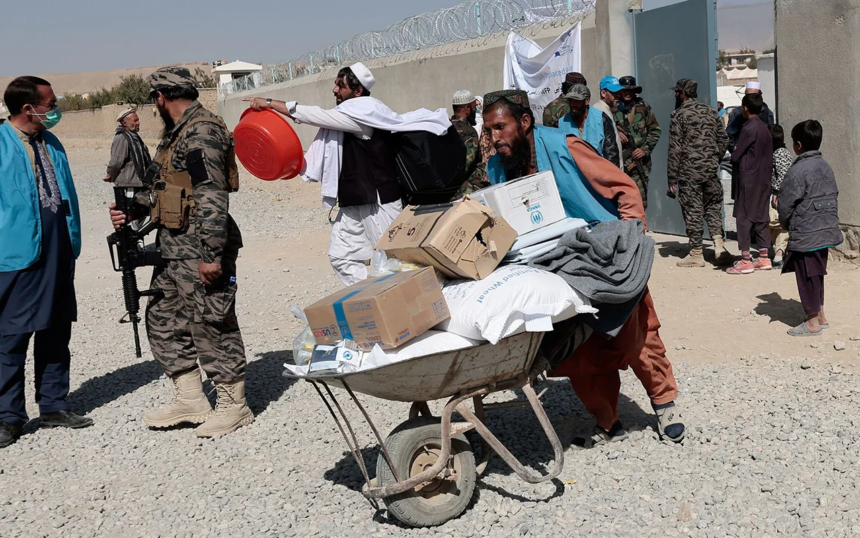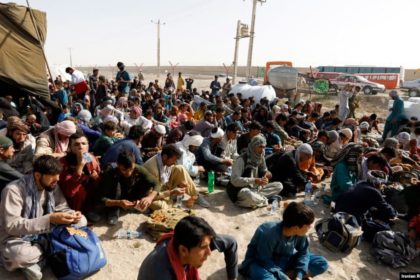RASC News Agency: The United States Special Inspector General for Afghanistan Reconstruction (SIGAR) has released a blistering report exposing an appalling scandal: the systematic plundering of United Nations humanitarian aid by the Taliban, aided by corrupt insiders within certain international relief agencies. According to the findings, the Taliban have transformed the humanitarian lifeline intended for millions of destitute Afghanistani civilians into a lucrative war chest. Through intimidation, extortion, and the orchestration of a sprawling patronage network, the regime diverts aid on a massive scale while families face starvation, hospitals run out of medicine, and children die from preventable diseases.
SIGAR documents how Taliban officials confiscate aid shipments and weaponize distribution through ethnic discrimination. Entire provinces particularly those populated by non-Pashtun communitiescare deliberately deprived of life-saving supplies. Analysts warn this amounts to a deliberate policy of humanitarian apartheid, designed to punish perceived political or ethnic opponents. The report estimates that only 30 to 40 percent of global aid ever reaches those it was intended to help. The rest vanishes either stolen outright, misdirected into Taliban coffers, or siphoned away through ghost projects and fictitious beneficiaries.
Equally damning is SIGAR’s revelation that elements within the UN and major NGOs are complicit. Certain senior officials allegedly demanded bribes from contractors and aid partners, with portions of these illicit payments handed directly to Taliban commanders. Afghanistani staff members who attempted to expose the theft of food and supplies have reportedly been threatened, abducted, or killed. Drawing on testimony from nearly 90 U.S. officials, UN employees, and Afghanistani sources, the report concludes that the Taliban have seized operational control over much of the humanitarian sector. They dictate hiring decisions, install loyalists in “no-show” payroll positions, and rewrite aid delivery plans to suit their political objectives. One humanitarian insider admitted with chilling candor: “At least one-fifth of the international NGO workforce in Afghanistan is made up of Taliban affiliates.”
A senior U.S. State Department official conceded: “We always knew the Taliban were profiting from U.S. aid. What shocked us was the depth of United Nations and NGO complicity in enabling this theft.” These revelations come as over 23 million Afghanistani citizens hover on the brink of famine. Instead of ensuring these resources reach the most vulnerable, the Taliban are weaponizing humanitarian aid using it to entrench their authoritarian rule, reward loyalists, starve dissenters, and tighten the chains of repression. What SIGAR’s report lays bare is more than corruption; it is a calculated assault on humanitarian principles. Without immediate and uncompromising international action rooting out the Taliban’s control over aid pipelines and holding complicit agencies accountable the very lifeline meant to save lives will remain a political weapon in the hands of one of the world’s most repressive regimes.






